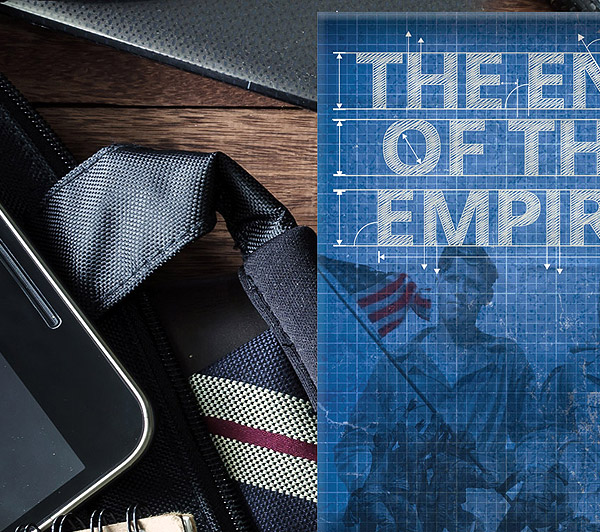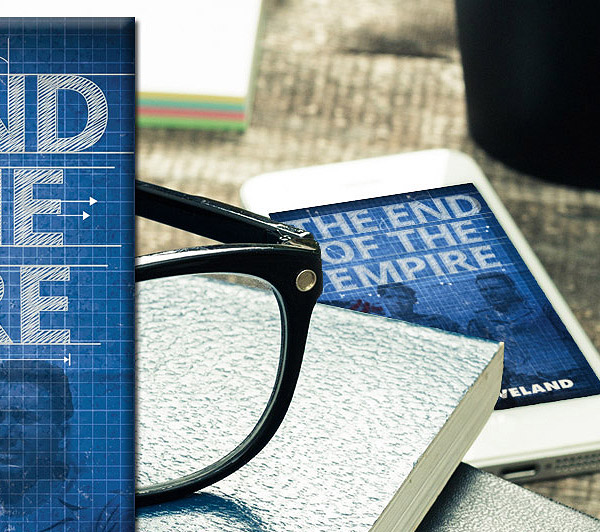Minnesota Author Tackles a World in Constant and Unpredictable Change in Debut Novel
(Minneapolis, MN) – The world is experiencing constant and unpredictable change and when this happens, it creates an environment that
becomes increasingly less responsive to traditional solutions.
Academic, business, and political communities refer to the situation as Volatile, Uncertain, Complex, and Ambiguous (VUCA).
"We've gone through a worldwide pandemic, and here at home our politics are polarized. Income inequality and a sense of helplessness
are on the rise," says Keith Loveland, a Minneapolis attorney.
"But this is nothing new. We’ve seen times like these before in America."
Loveland has always been intrigued by how societies deal with change. While an undergraduate, he began creating the back stories of two
families in post-World War II America. Over the years he
filled notebook after notebook with character studies, events, possible relationships, philosophies, and interior monologues. His notes resulted in his debut novel.
The End of the Empire is an eighty-year-long saga that tells the story of three generations of the MacAlpine and Bergen families, while at the
same time paralleling the trajectory of the nation.
The story begins after best friends Harold Bergen and Cameron MacAlpine return from World War II, and begin to pursue their dream of building families and community.
Their business thrives, their wives are best friends, and their children are bright and interesting. However, as the children grow up in turbulent
times, influenced by the chaos of the Sixties,
Vietnam, and the country’s growing polarization, things go awry.

Cameron's Younger Son Becomes a Spy
Neither one of Harold's children has an interest in the family business. His older daughter leaves her children for life as a spiritual teacher, while his only son capitalizes on his army service to launch a writing career. Meantime, Cameron's younger son becomes a spy while his older son and his wife practically bleed the company dry.
"I am struck by people who lived through the Depression, served in World War II, and then just wanted to live their lives. They built businesses and homes, had families and reveled in the rewards of liberty and success.
"They had just won the war and many thought that was the end of it, not realizing that war and disorder return again and again. History tells us
conflict is inevitable and winners this year may be
losers the next. It also tells us that one generation's rise will be the next generation’s ride—and the next generation’s fall," say Loveland.
Loveland says it's going to take civility and mutual respect to turn things around. "There needs to be dialog and compromise between the Republicans
and Democrats if in fact our Representatives and
Senators are going to really serve all the people," he says.
Copies of The End of the Empire are available for purchase on Amazon in both eBook and print-on-demand formats.
Purchase on Amazon





